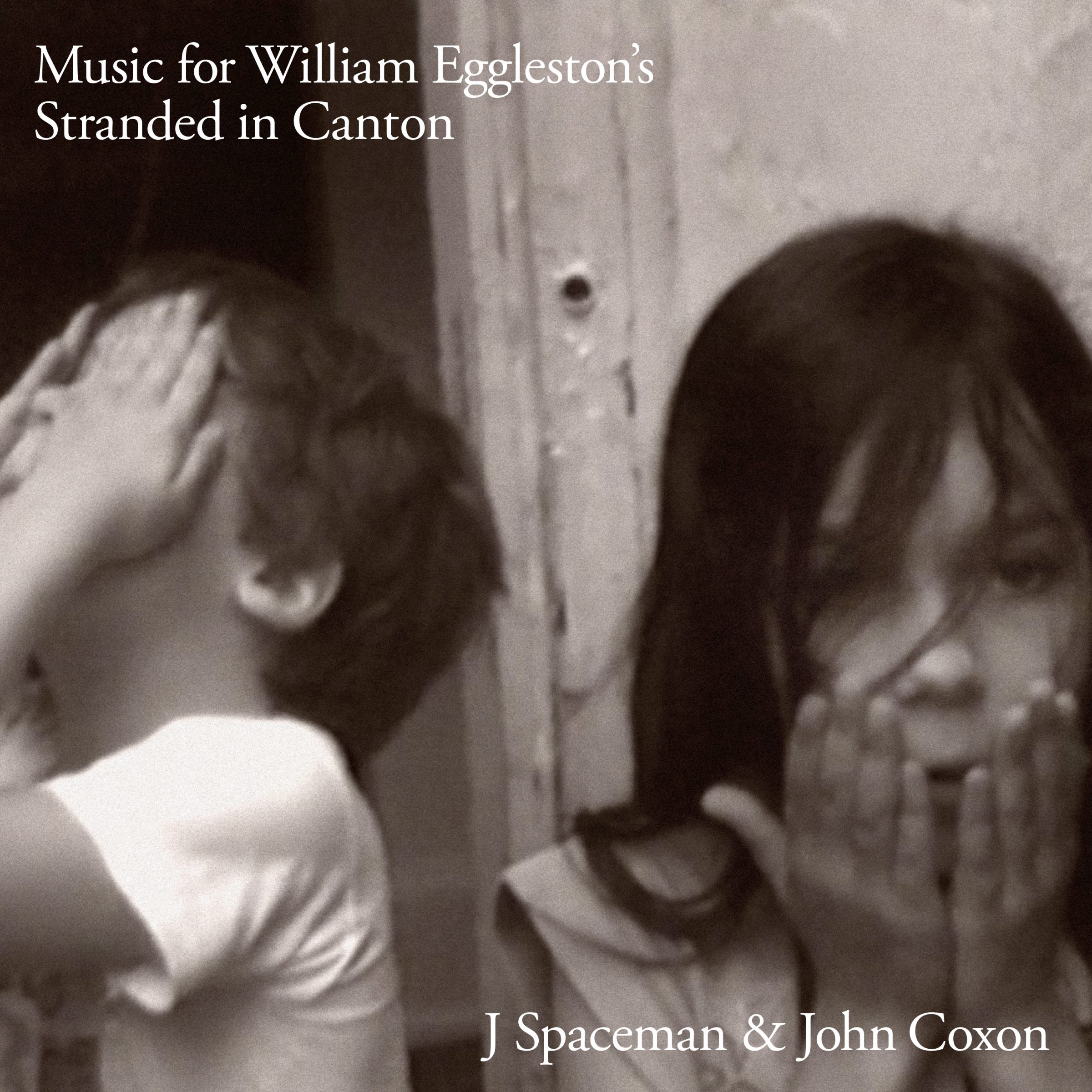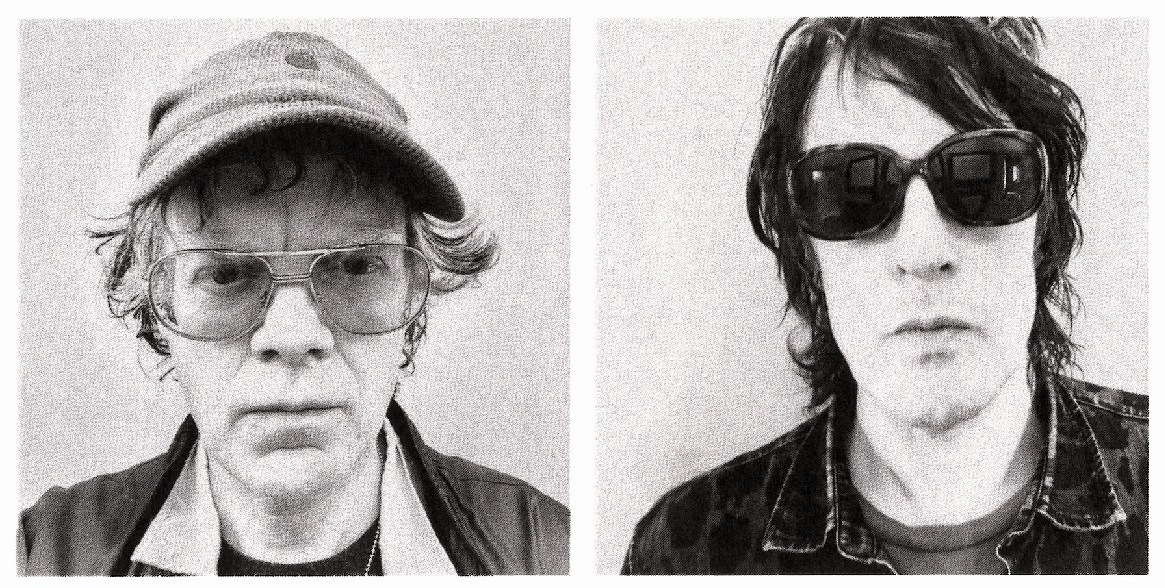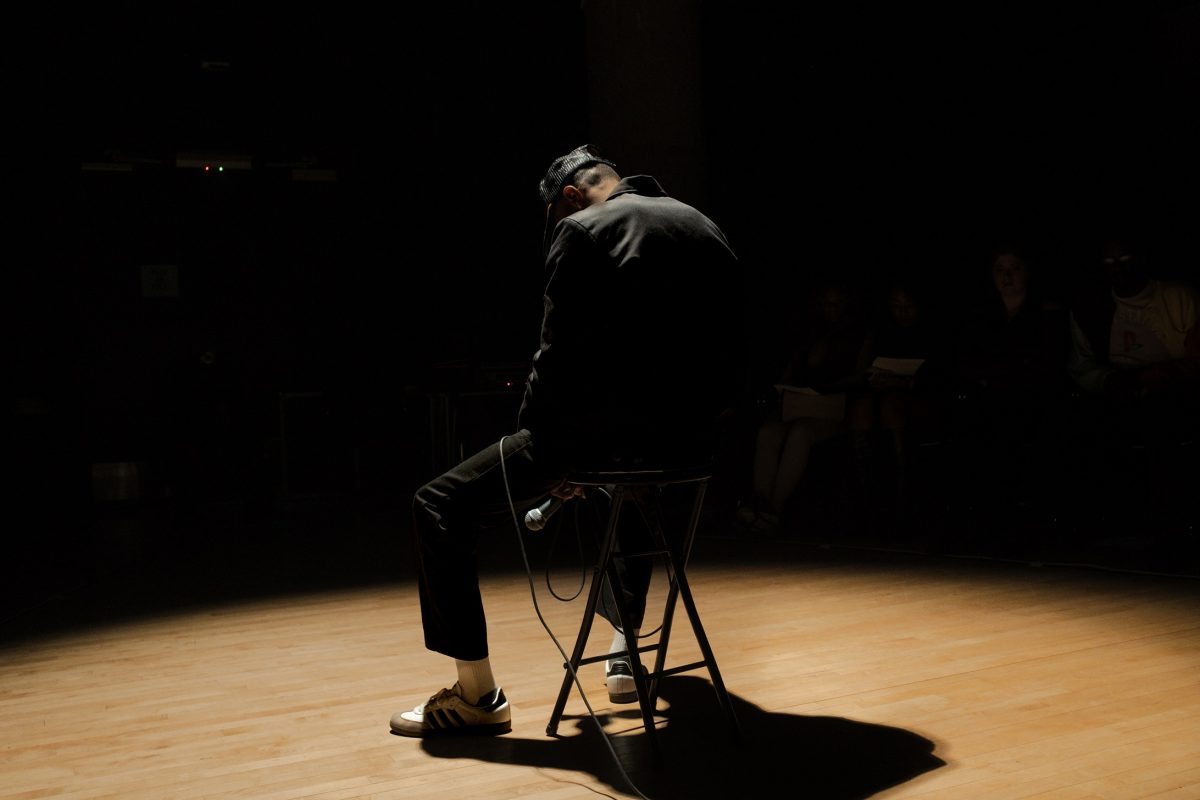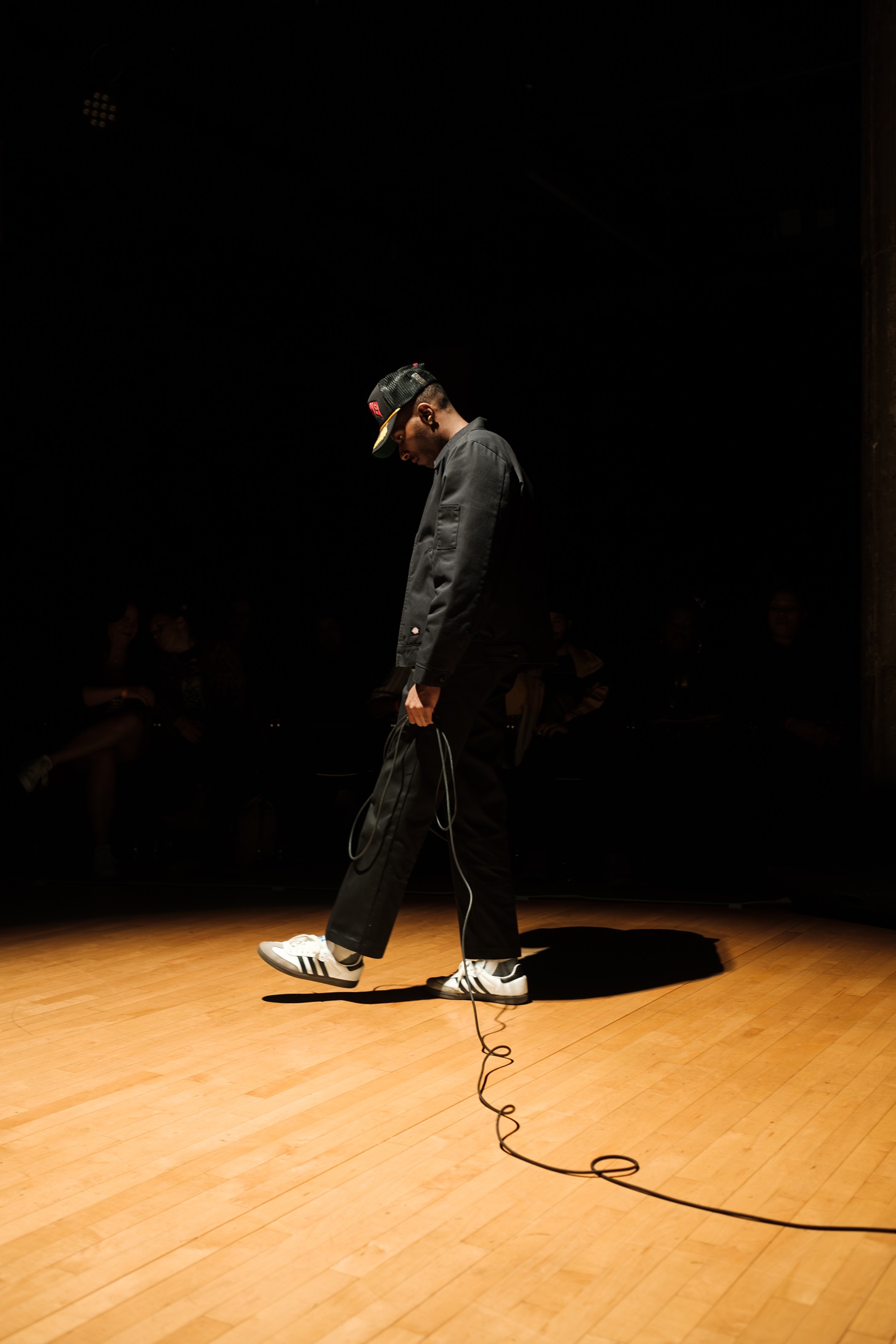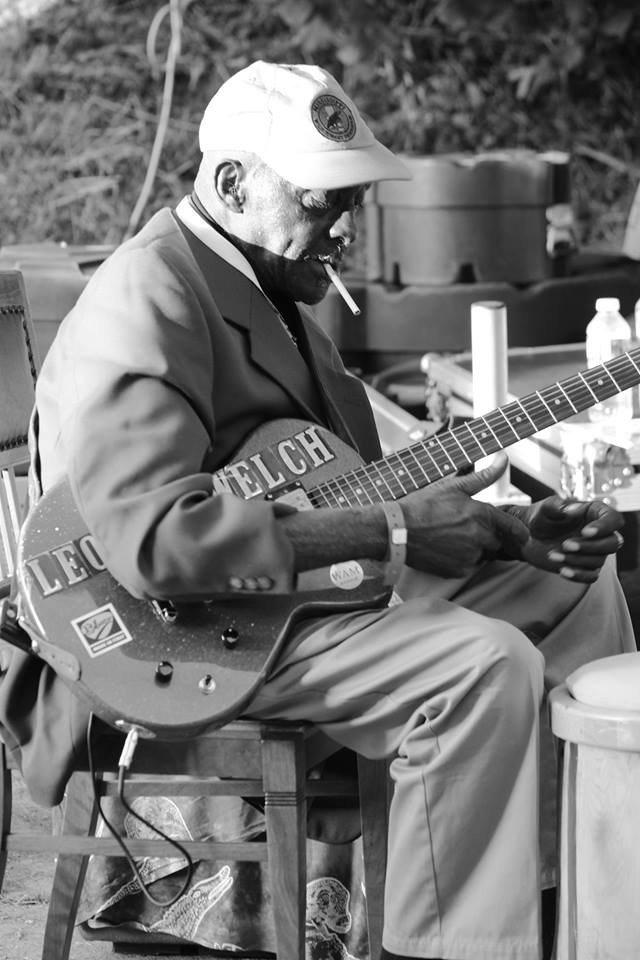
Leo Bud Welch will receive a Living Legend award at the Juneteenth Urban Music Awards on Thursday, June 12th, at the New Daisy. He will play the Juneteenth Festival on Friday at 9:15 in Robert Church Park. Welch is back in Mississippi following a tour of Europe. the 83-year-old Bruce, Mississippi, native came to prominence last year with the release of his debut album Sabougla Voices, a collaboration with the church choir he led in Bruce. Below is my piece on him for our music issue back in May.
[jump]
Leo Bud Welch
Linking gospel and blues into one tight chain.
“Hard working man,” Leo Bud Welch said of himself and his 82 years. “I did some hard work in my life. I needed something to come along easier for me. Thank God, I got it going.”
Welch has it going all right. This year, his first CD, Sabougla Voices, got attention from NPR, and he worked on a film in New Orleans with Ryan Gosling. The gospel bandleader and bluesman is planning a tour of Europe and getting ready for his sets on Saturday at the Beale Street Music Festival. Welch’s blend of the spiritual and the secular seems to make perfect sense, in spite of the anxieties that other musicians faced as they crossed the great divide from the choir to the juke joint.
“Blues ain’t nothing but somebody’s life,” Welch says. “Just like the Bible telling the story of Jesus Christ. Blues is life. It’s about how hard you worked down through the years. Whether you got a girlfriend, y’all are liable to be on bad terms. Or your wife. Whatever. Blues is just explaining about life. Life on this earth.”
Welch has found some due recognition for a life spent in gospel music with his group the Sabougla Voices (the “ou” pronounced as in “know”). That group is from his lifelong church, the Sabougla Missionary Baptist Church, south of his home in Bruce, Mississippi. He hosted a gospel music show on a local television station. Welch also has a blues band. But much of his life was spent in the region’s logging industry.
“I run the chains. I cut timber,” Welch says. “I told my wife that if I had a dollar for every tree I trimmed off, I’d be a millionaire today. I called it a one-man band: the one-man saw. I mean, I cut a many a timber. I did that for 35 years. Right here in Bruce.”
Bruce, Mississippi, has a motto: “Where Money Grows in Trees and Hopes and Dreams Never Die.” The town of 2,000 people is currently home to seven logging companies. Timber was an essential asset of Mississippi, dating back to the Chickasaw tribe. The industry grew with the development of the sawmill and exploded with the advent of the railroad. E.L. Bruce was a hardwood-floor magnate, who later started Terminix to keep the termites out of his floors. In 1924, the E.L. Bruce Company set up the town of Bruce to service its lumber needs. It’s said that the whole town ran by the sawmill’s whistle. By the 1950s, Welch was spending less time with his guitar and more time with a chainsaw.
“It was mostly hardwood. We’d go over to the Delta and cut on the banks of the Mississippi River. All that. We’d cut trees right on the bank and they’d throw those tops in there and they’d have to go get them, you couldn’t leave all those tops in the water,” Welch says. “What we’d do is go down there on Monday, and we’d stay until Friday night when we’d come back to Bruce. We’d have a cook down on camp. Somebody’d cook. We couldn’t see when we’d go, and we couldn’t see when we’d come back. We worked from dark to dark. It got so I couldn’t see how to notch a tree.”
During his time on the logging crews, Welch still played in church. But even that had not always been acceptable.
“Back in them days, they didn’t hardly allow guitar in the church,” Welch says. “It was the devil’s work. You carry a guitar in there, and they say you’re sinning. Now, church don’t sound like that. Back in them days, they’d hardly have a piano. They might have an old piano, and somebody’d be — I call it peckin’ on it. Wouldn’t sound too good to me.”
Welch knew what sounded good. He played all sorts of music before he went into logging.
“I’ve been playing about 60-some-odd years,” Welch says. “I watched my first cousin. His name was R.C. Welch. He had a guitar, and me and his brother played on his guitar. We played around the house. And when I got big enough, we’d play in houses, at picnics. Picnics, like a three-day picnic out in the woods: ball games for three days straight, a picnic for three days straight. There would be a big crowd when different ball teams would come play ball. We mostly played at house parties. Some would call it [a] house dance or whatever. That’s when I started out. It was just me and my first cousin. There’d be others who came there to play. But they always wanted us to play. In other words — I’m not bragging — they were not as good as we were.”
Welch has never run from the blues, and he worked as a musician before he began logging.
“I played in clubs. I organized some guys in Grenada in a band called the Joy Jumpers. Walter Farmer played a steel guitar,” Welch says. “I played with different bands. We did a broadcast in Grenada at the hotel. It was 1400 on the radio dial. That was back in the 1950s.”
But the logging work put a stop to that.
“Now I wasn’t going out and playing at house parties late at night,” Welch says. But he kept his church music moving.
“Later on, I joined a gospel group here in Bruce called the Spirituales. I played lead guitar for them and sang a few songs. Then my sons were playing with me. They were about 16 or 17. I named that band Leo Welch and the Rising Soul Band,” Welch says. “We played places like the Cotton Patch in Tupelo. Down in Batesville, over on the river; we used to play up between Oxford and Holly Springs, a place they called the Barn. We used to play all up in there. We played all around. Our pastor would go out in the street and want the choir to go with him to sing. Nobody would go, except for me, my sister, and my sister-in-law. I named that group Leo Welch and Sabougla Voices. That’s what’s on that CD.”
While some African-American artists faced self-doubt and even public scorn over playing blues in what is still a religiously conservative society, the blending of secular and spiritual does not bother Welch.
“I’ve belonged to that church ever since I was young,” Welch says. “They built it for a school out there on that 16-section land. But somebody decided to go to having church there. It’s down south of here in Calhoun County, down the Number 8 highway. That’s the only place I went to school. I had to walk to school in the mud and in the water. Mud up to my ankles some times. I had those cut off boots. Raggly looking with patches all over them. Everything was great back in them days. More great you might even say than it is now. Everything’s gotten modern now. It’s going the modern way. They kept asking me about playing for the church. In the long run, they elected me to be an officer of the church. Of course I’m a deacon of the church in Sabougla. But since we’ve been going out playing, I tell them I’m going to be there when I can be there.”
I ask if he ever preached. He falls out laughing. Welch is passionate about gospel music and breaks into any song he hears in his mind, playing it finger-style on his pink guitar. He has the same infectious enthusiasm for blues, eagerly and happily playing the shared songs of his place and time.
“I don’t see where there’s no devil in the blues,” Welch says. “They do more devilsome things than that. Oh yeah.”
»
